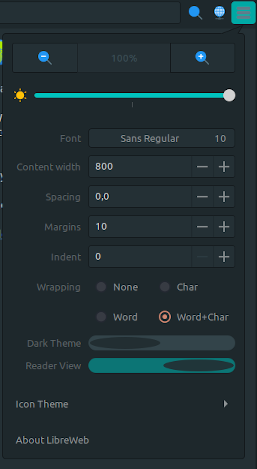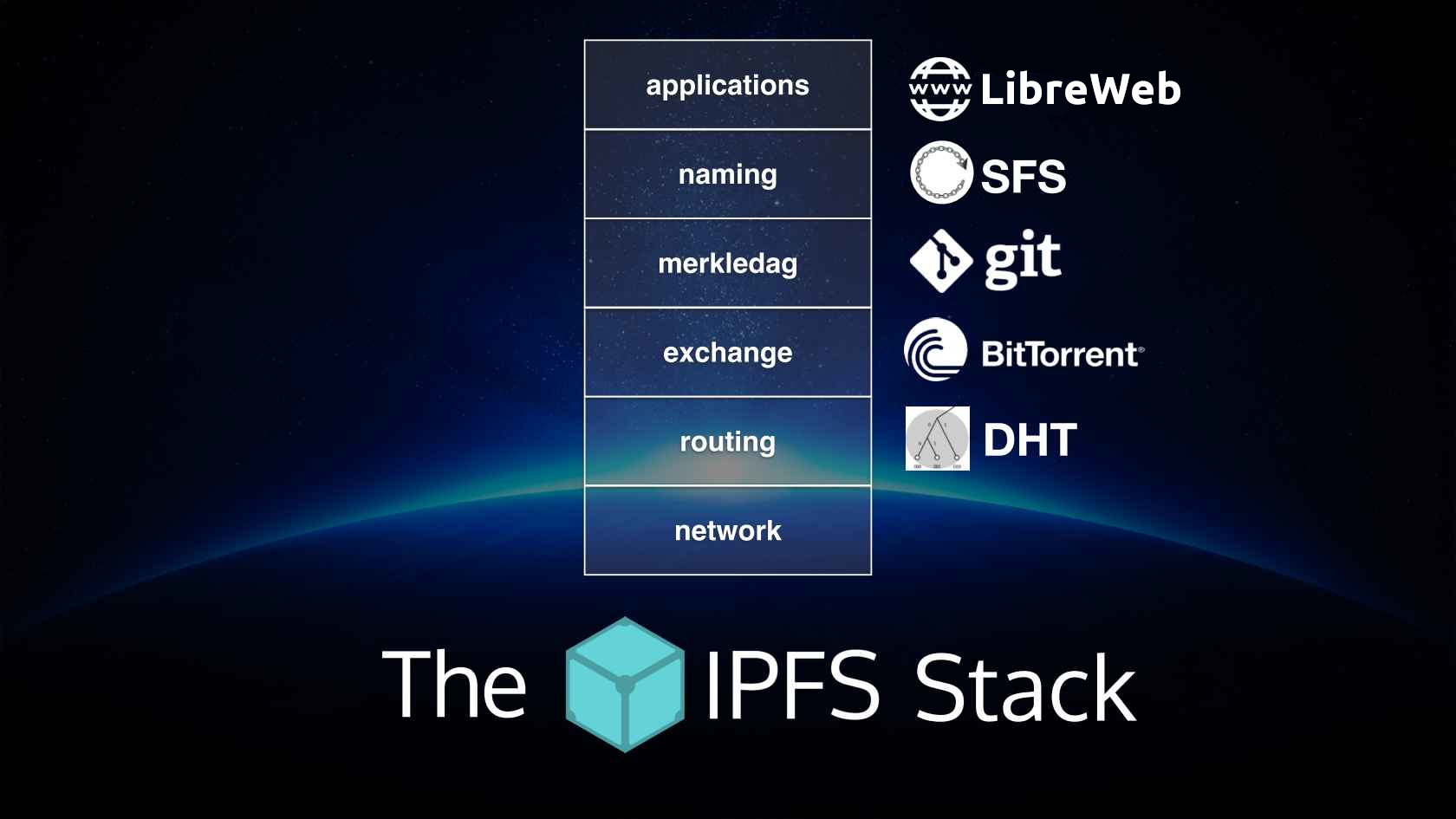Concepts
New to LibreWeb or the distributed web? Learn about the concepts.
LibreWeb
LibreWeb - specifically the LibreWeb Browser - is a fully decentralized, free and open-source web browser.
Powered by IPFS, it allows you to browse, create and host content on the new, decentralized Internet.
Decentralization comes with many benefits, including but not limited to:
- Censorship resistant. Because data is stored in a decentralized manner around the world, governments and corporations can neither block nor censor content.
- No single-point-of-failure. If a specific server or node fails, data is still served by other nodes within the network.
- Fast. The nearest node can serve content as part of a broad, decentralized, content delivery network (CDN). Many nodes are potentially available to serve the same content.
Visit the Project page to learn more about the LibreWeb project.
Markdown Syntax

LibreWeb uses simple Markdown syntax as the ‘source-code’ of your content (article, site or blog…). Similar to static website generators like Hugo and Jekyll. However, LibreWeb Browser does not require conversion from Markdown to HTML.
LibreWeb Browser parses & renders Markdown documents directly, allowing end-users to view content without the need of HTML or JavaScript. This results in websites that are much cleaner and load faster. As an added benefit the LibreWeb browser has a ‘content first’ approach.
And without JavaScript, WebRTC, PHP or SQL websites becomes much safer to browse.
The LibreWeb browser allows visitors to easily change and customize their look & feel of the content - similar to e-book readers. See the screenshot on the right.
Blockchain
LibreWeb explicitly does not use Blockchain nor is it based on cryptocurrencies. It therefore avoids huge scalability issues and the unnecessary, negative impact upon the environment that’s associated with these technologies. After all, neither is needed to create a fast, decentralized and censorship resistant Internet.
If blockchain technology is needed to solve a specific problem in the future, that is fine.
IPFS
LibreWeb is built on top of IPFS (InterPlanetary File System) - a distributed system for storing and accessing files, websites, applications, and data.
The underlying IPFS technology makes it possible to download the same file from many locations, not managed by any single organization.
IPFS:
- Supports a resilient Internet. Imagine an IPFS world in which Wikipedia’s web servers suffer an attack or some other catastrophic failure. Users would still have access to the exact same webpages - served seamlessly from countless nodes elsewhere.
- Makes it harder to censor content. Because files on IPFS can come from many places, it’s much harder for governments, corporations or anyone to block content. IPFS is designed to circumvent censorship and other attacks.
- Can speed up the web when you’re far away or disconnected. Retrieving a file from nearby instead of hundreds or thousands of miles away often means getting it faster. This is especially valuable to communities that are networked locally but don’t have good connections to the wider Internet.
Learn more about IPFS in the IPFS Whitepaper attached at the bottom of this page.
